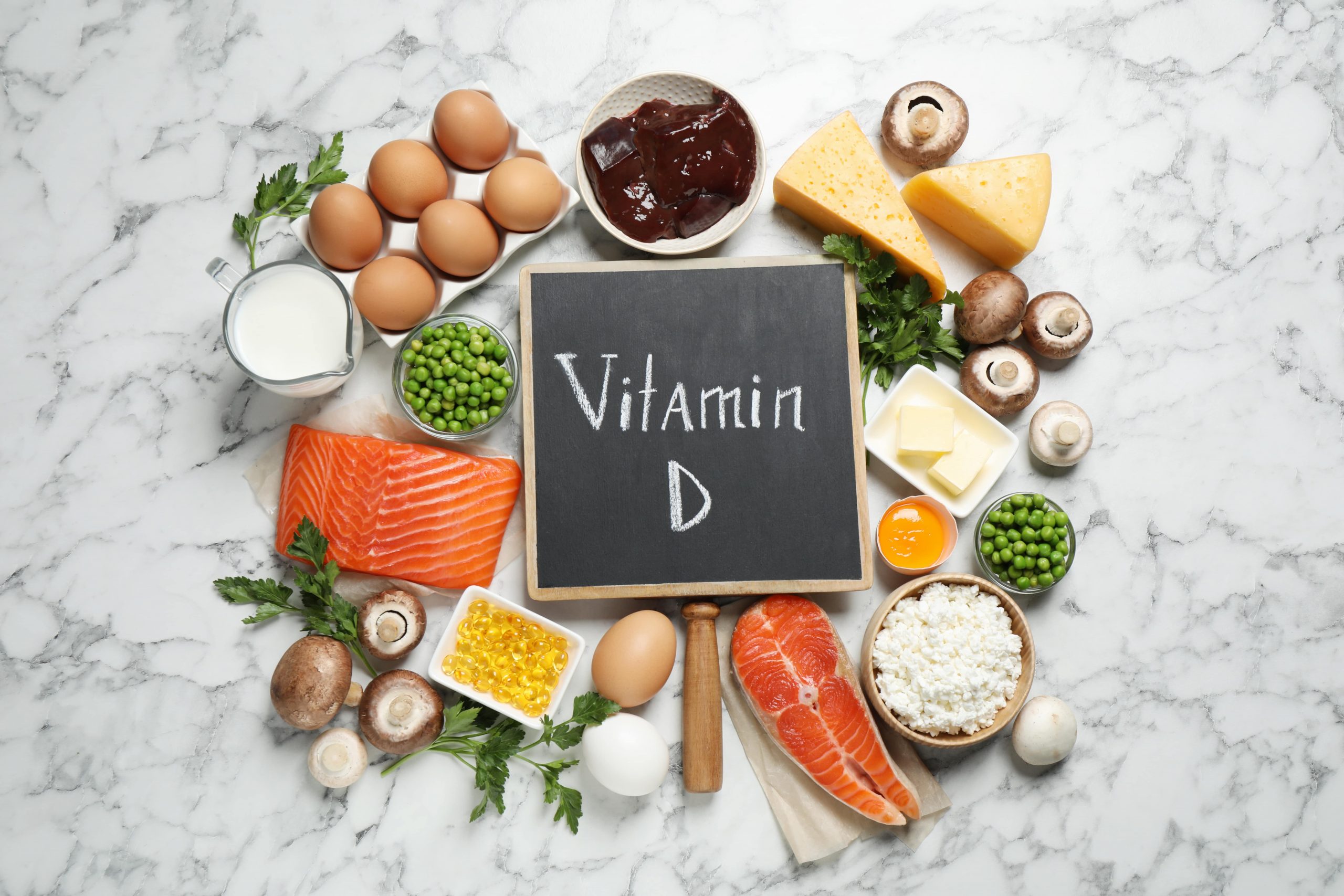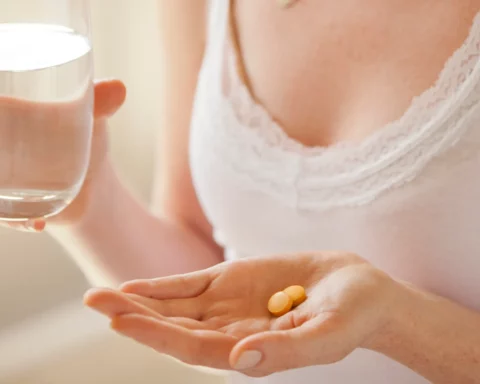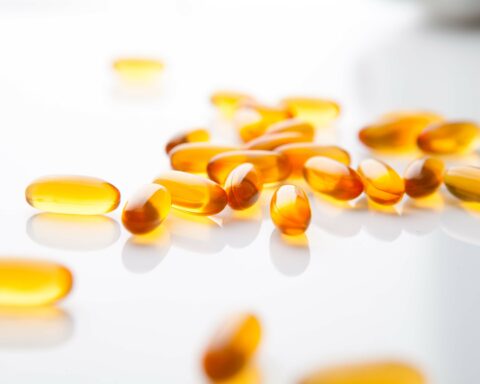Vitamin D is a requirement if you want good health. This type of Vitamin is mostly taken for granted, yet it’s beneficial to the body. Vitamin Ddeficiency has been a worldwide problem for a while now. Lack of vitamin Dleads to health issues and other life-threatening conditions. Although you can naturally obtain it from the sun, you won’t get enough levels. You’ll need to eat the right foods to obtain the required dosage. But how do you know you’re taking the required amount? Here is the right dosage for vitamin D.
Understanding vitamin D
Vitamin Dhas variousroles in the body. It’s fat-soluble in nature and available in two forms; vitamin D2 and vitamin D3. You can get vitamin D2 from foods like mushrooms and vitamin D3 from fish oil and egg yolks.
Which vitamin D is more important?
Both vitamin D2 and D3 have benefits. However, D3 is the betterchoice when you want to obtain the right amount of vitamin D. It’s twice beneficial as the other version.
What’s the right dosage for vitamin D?
Vitamin D is an important nutrient and should be taken in the right amounts. Too much of it or less of it is unhealthy and will have negative effects on your body. When it comes to identifying the appropriate dosage,certain criteria known as RDA is used. Recommended Dietary Allowance (RDA) is the advisableamount of nutrients that the body needs daily. RDA for individuals between 1-70 years is 600iu or 15mcg. For older people from 71 years, 800 IU or 20 mcg is the required amount. Breastfeeding and pregnant may need higher vitamin D levels, and it should not be less than 600IU. For children, the amount will depend on the age. According to the National Institutes of Health, the average intake should be 400-800IU, between 10 and 20 micrograms.
How much do deficient individuals for vitamin D need?
Healthy adults require about 1000-4000 IU for maximized levels of vitamin D.However,to be safe,you’ll need about 1120-1680 IU for proper maintenance of blood levels. Sometimes it isn’t easy to reach these requirements due to many reasons. But you can boost the levels through eating foods that provide vitamin D, using supplements, and relying on sunlight. Individuals with vitamin D deficiency need about 5000 IU to stay healthy.
How do you know you need to modify your vitamin D dosage?
With busy schedules and different lifestyles, it’s easy to find yourself lacking the right levels of vitamin D. Even foods containing it may fail to provide enough amounts. This calls for the need to monitor your daily dosage. The only way out is ensuring you don’t take too much and you’re not consuming less.
Too muchamounts of Vitamin D may cause significant side effects. You may e the following if you consume more than what your body needs;vomiting, nausea, muscle weakness, poor appetite, dehydration, kidney problems. If you extremely overdo the dosage, you’ll have kidney failure, inappropriate heartbeats, and may even lead to death.
You’ll know you have to increase your dosage when you start experiencing the following; fatigue, frequent infections and illnesses, bone and backaches, low mood, wound healing that takes too long, loss of hair, and muscle pain. Ensure you boost your levels immediately to save yourself from extreme complications like neurological, autoimmune, cardiovascular, and pregnancy issues. Also, you may get exposed to cancers like colon, breast, and prostate.
What will assist your body absorb vitamin Dfor long?
The quantity you take is everything
Having plenty of foods rich in vitamin D will help you have increased amounts hence better absorption of this nutrient in the body. Ensure you add it to all the meals, from breakfast, lunch, dinner, and even in-between snacks. But don’t overdo it. Take it in moderation.
Invest in other nutrients too
Including other essential nutrientswill help you get optimum levels of Vitamin D. Adding zinc, vitamin K, and magnesium will optimize the absorption process and protect you from being a victim of vitamin deficiency.
Consume healthy oils
If you’re strictly followinga zero fats diet, you may have to get loose and allow yourself to consume healthy oils. It’ll help the Vitamin have deep penetration in your body.As long as you take the oils in moderation, you’ll never experience bad effects. Being a fat-soluble nutrient, vitamin D demands healthy fats for a greater absorption process.
Add fortified cereals and milk
If making Vitamin D absorption more effective is your goal, eating more milk and fortified cereals will help you. Don’t limit yourself to only cereals that provide Vitamin D. You’ll get more results if you eatmulti-nutritious meals.
Stay away from stress
Stress has become normal for everyone with crazy work schedules, family issues, and other personal problems. Even so, you need to prevent situations that’ll givedisturb your mental health. Sometimes stress is unavoidable. So, if you experience it, manage it immediately. When stressed, your body will release hormones that’ll hurt your gut and cause irritability in your bowel. The intestine will eventually get affected. Vitamin D is usually absorbed in the intestine, So the gut is an important part of its absorption process. It’s important to keep your stress in control and maintain a healthy gut. You can achieve this by takingprobiotics.
Make seafood your friend
If you want vitamin D in plenty, fish and seafood should never miss in your diet. Among all the other alternatives of vitamin D, the body absorbs seafoodthe most. Choosing them over plant-based sources will give you more benefits.
Conclusion
Whatever form you use to acquire vitamin D, ensure the dosage is appropriate. You can take as many foods aspossible to increase your Vitamin D, consume the best supplements, or stay out in the sunlight for long hours. But if your dosage is wrong, you’ll still not be healthy. The key is, and will always be, to take the right amounts.
- Learn to Enjoy Self-care Routine - September 21, 2023
- Jonathan Aufray’s Story - July 29, 2023
- From Public Housing To Ivy League: The Inspiring Journey of Crystaltharrell.com and its Founder - June 7, 2023









